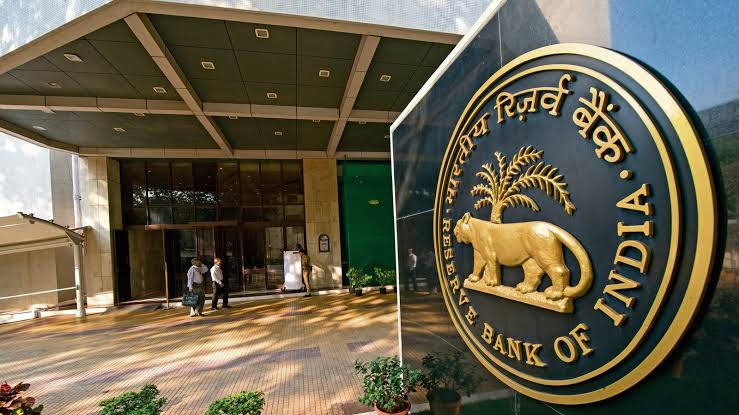
Introduction
The Reserve Bank of India (RBI) is the central bank of India, responsible for regulating the country's monetary policy. Established in 1935, RBI plays a vital role in maintaining financial stability and promoting economic growth. In this blog post, we will delve into the roles, functions, and impact of RBI on the Indian economy.
Roles and Functions of RBI
1. Monetary Policy:Â RBI is responsible for formulating and implementing monetary policy, which includes setting interest rates, regulating money supply, and managing inflation.
2. Currency Management:Â RBI is responsible for managing the supply of currency in the country, including the issue of new currency notes and coins.
3. Banker to Banks:Â RBI acts as a banker to commercial banks, providing them with liquidity and managing their cash reserves.
4. Banker to Government:Â RBI acts as a banker to the central and state governments, managing their accounts and providing them with loans.
5. Regulator and Supervisor:Â RBI regulates and supervises commercial banks, non-banking financial companies (NBFCs), and other financial institutions to ensure their stability and soundness.
Impact of RBI on Economy
1. Inflation Control:RBI's monetary policy helps to control inflation, which is essential for maintaining economic stability.
2. Economic Growth:RBI's policies promote economic growth by regulating interest rates, managing money supply, and maintaining financial stability.
3. Financial Stability:Â RBI's regulatory and supervisory functions help to maintain financial stability, preventing bank failures and protecting depositors' interests.
4. Exchange Rate Management:RBI manages the exchange rate, which affects the country's trade and foreign investment.
Recent Initiatives by RBI
1. Digital Payments:RBI has promoted digital payments, including the use of UPI, mobile wallets, and credit/debit cards.
2. Financial Inclusion:Â RBI has initiatives to promote financial inclusion, including the Pradhan Mantri Jan-Dhan Yojana (PMJDY) and the Micro Units Development and Refinance Agency (MUDRA) scheme.
3. Fintech Regulation:Â RBI has established a regulatory framework for fintech companies, ensuring their stability and security.
Conclusion
The Reserve Bank of India (RBI) plays a crucial role in maintaining financial stability and promoting economic growth. Its roles and functions are vital for the smooth functioning of the Indian economy. By understanding the significance of RBI, we can appreciate its efforts in regulating the financial sector and promoting economic development.
Comments